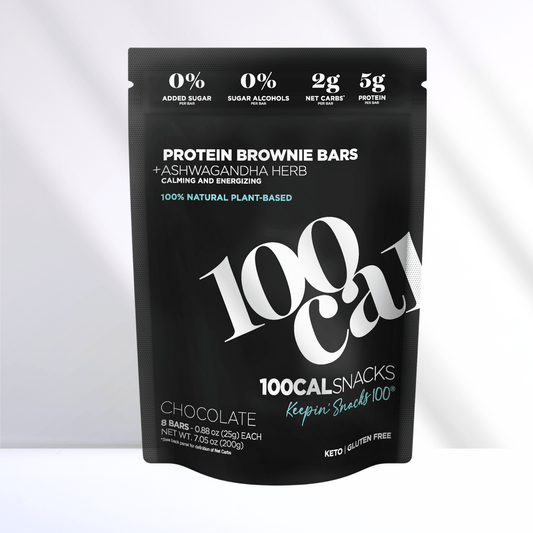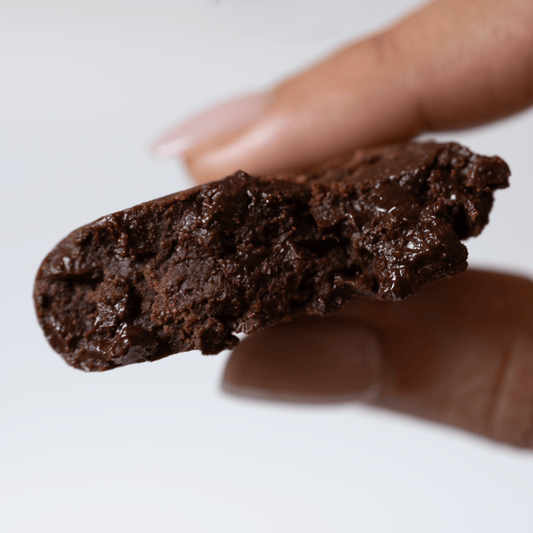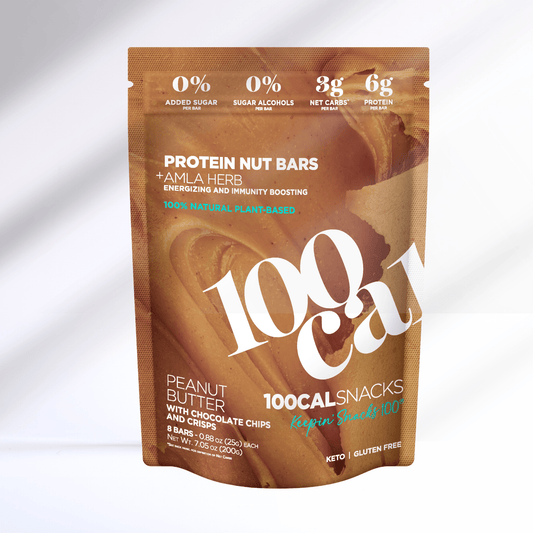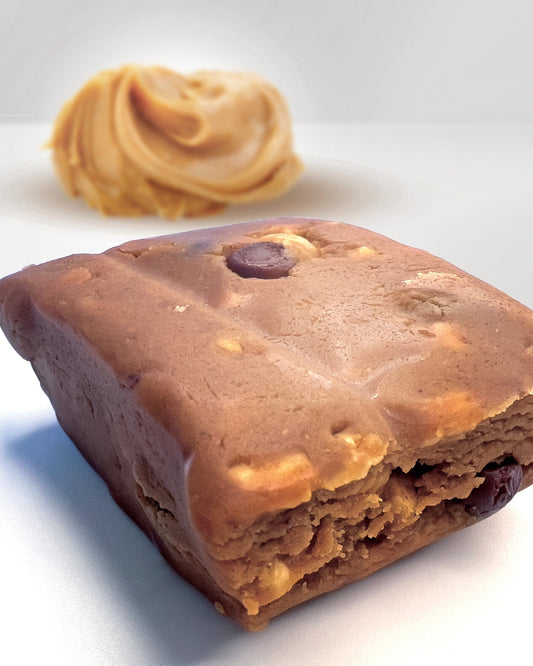Collection: Low Calorie Protein Bars
How to Choose the Best Low Calorie Protein Bar Under 100 Calories
With a wide variety of flavors and formulations, there's a protein bar for everyone.
Let us take a look at the various types of protein bars available in the market to help you pick the best one for you.
Specific Categories of Protein Bars
Vegan Protein Bar
A vegan snacks is made entirely from plant-based ingredients, making it suitable for vegans and those with dairy allergies. Common protein sources include pea, rice, and hemp protein. Benefits of vegan protein bars include being environmentally friendly and easy to digest.
High Protein Bar
High protein snacks are formulated to provide a substantial amount of protein per serving, usually more than 20 grams. These low calorie protein bars are ideal for muscle building and recovery. Ingredients often include whey protein isolate or casein, providing a complete amino acid profile.
High Fiber Protein Bar
A high fiber snacks combines protein with a significant amount of dietary fiber, aiding digestion and promoting satiety. Common high fiber protein bars sources include chicory root, oats, and flaxseed. Benefits include improved digestive health and longer-lasting fullness.
Keto Protein Bar
A keto protein bar is tailored for those on a ketogenic diet, which is high in fats and low in carbohydrates. These bars typically use ingredients like coconut oil, almond butter, and MCT oil to provide healthy fats. Benefits include supporting ketosis and providing sustained energy. Keto friendly snacks are a great addition to your diet to keep you on track and satisfied throughout the day.
Gluten Free Protein Bar
A gluten free protein bar is essential for those with gluten intolerance or celiac disease. These bars are made without wheat, barley, or rye. Ingredients often include gluten-free oats, quinoa, and brown rice protein. Benefits include avoiding digestive issues and supporting a gluten-free diet. Gluten free snacks are a convenient option to help maintain your dietary needs and enjoy a variety of tasty treats.
Choosing the Right Low Calorie Protein Bar for You
When selecting the best protein bar for you, several factors come into play. Here are a couple of things to keep in mind when making the choice:
1. Macronutrient Balance: A good protein bar should provide a balanced mix of protein, healthy fats, and carbohydrates.
2. Check for Artificial Ingredients: Many commercial protein bars contain artificial flavors, colors, and preservatives. These additives can sometimes cause digestive discomfort or other health issues. Opt for bars with clean, natural ingredients.
3. Protein Content: Check the protein content per serving. Different people need different amounts of protein based on their physiology and health goals. Are you looking to build muscle, lose weight, or simply find a healthy snacks? Choose your protein bar accordingly.
4. Carbohydrates and Sugars: Look for low carb protein bars if you're watching your carbohydrate intake. Be mindful of added sugars; opt for bars with natural sweeteners like honey or dates in low carb snacks.
5. Fats and Fiber: Ensure the bar contains healthy fats from sources like nuts or seeds and is a high fiber protein bar to aid digestion and keep you full for longer.
6. Allergies and Sensitivities: If you have any food allergies or sensitivities, read the ingredient list carefully to avoid any adverse reactions.
7. Calorie Content: If you are on a calorie-restrictive diet, a protein bar that carries 200-300 calories might easily derail you from your goals. Look for maximum nutrition in minimum calories.
8. Taste and Texture: Protein bars come in various flavors and textures. Some may be chewy and dense, while others are crispy or fudge-like. Try different options to find one that satisfies your taste buds. Read reviews or try sample packs from different brands to discover your favorites.
100 Cal Snacks: The Perfect Choice
We spoke at length about the various types of protein bars in the beginning of this article- ranging from vegan, to keto-friendly, to high fiber.
But what if we told you that you can get all these benefits combined in a single protein bar, that too portion controlled at merely 100 calories?
Yes, you read that right.
At 100 Calorie Snacks, we offer protein bars that are also gluten free, all natural, with no added sugar or sugar alcohols. Our bars are keto friendly, and are high in protein.
With a great taste and fudge-like consistency, they are an ideal choice for anyone looking for a healthy snack. Our bars leave no aftertaste and have been made after 2 years of experimentation to create a taste and texture that melts the moment you put it in your mouth.
Customers love our bars for their taste, nutritional benefits, and suitability to a wide range of dietary preferences.
-
Chocolate Brownie Protein Bars
92 reviewsRegular price From $18.99 USDRegular priceUnit price / per -
Peanut Butter Protein Bars
Regular price $19.49 USDRegular priceUnit price / per
FAQ
Is it OK to eat protein bars every day?
How many grams of protein in a protein bar?
How many calories are in a protein bar?
How much protein is in a protein bar?
YOUR BRAIN IS IN YOUR BELLY
Our snacks aim to balance your Gut-Brain connection







